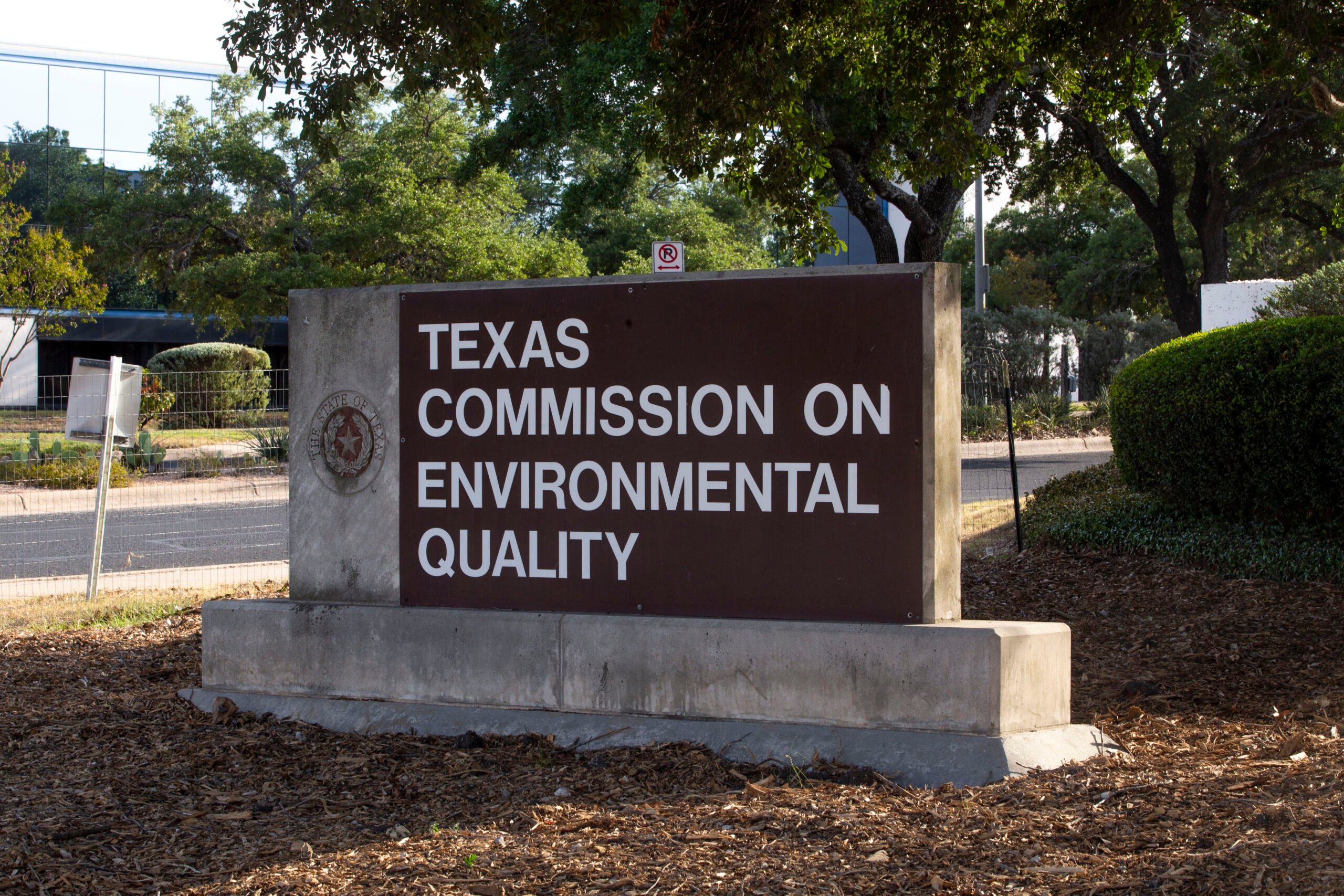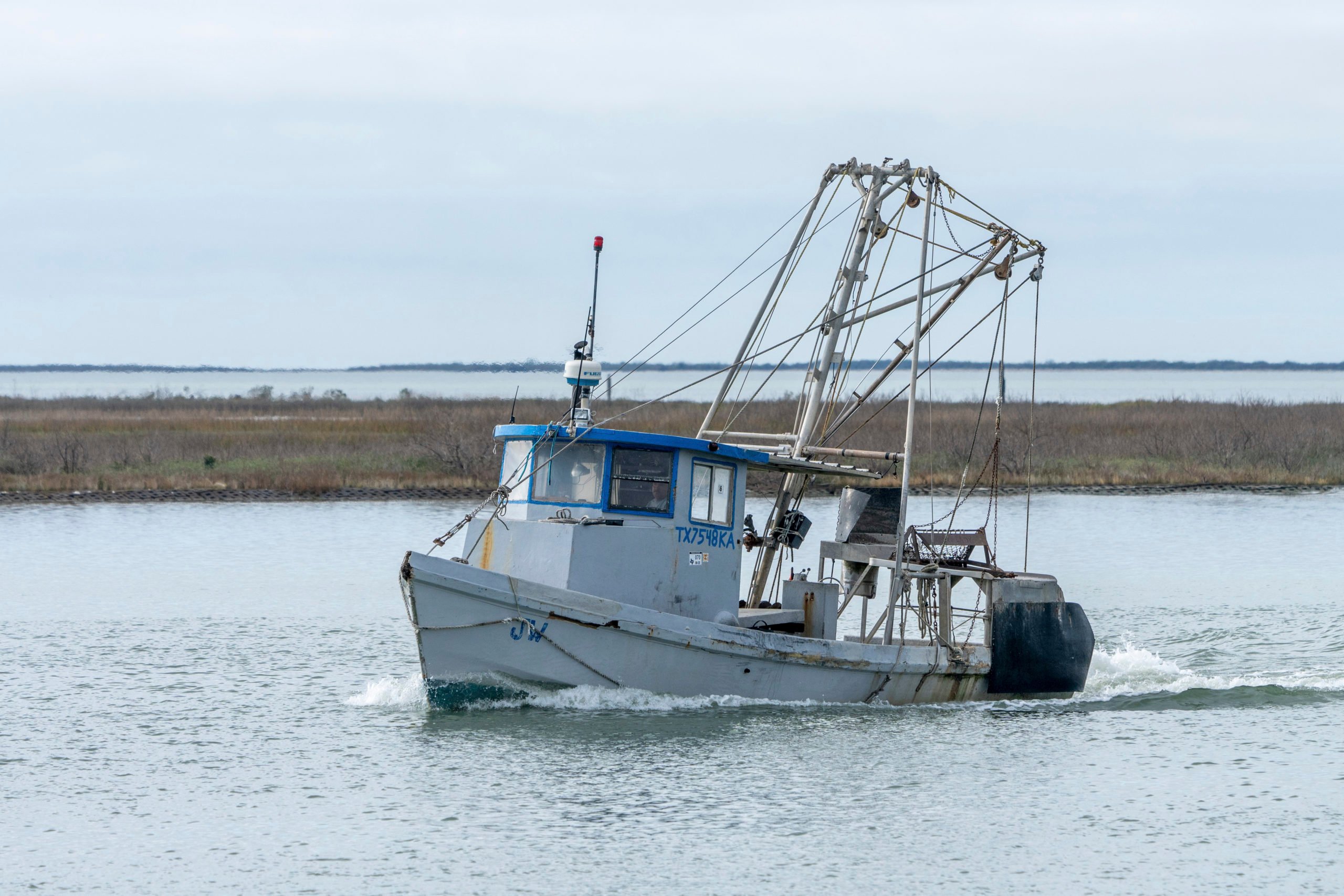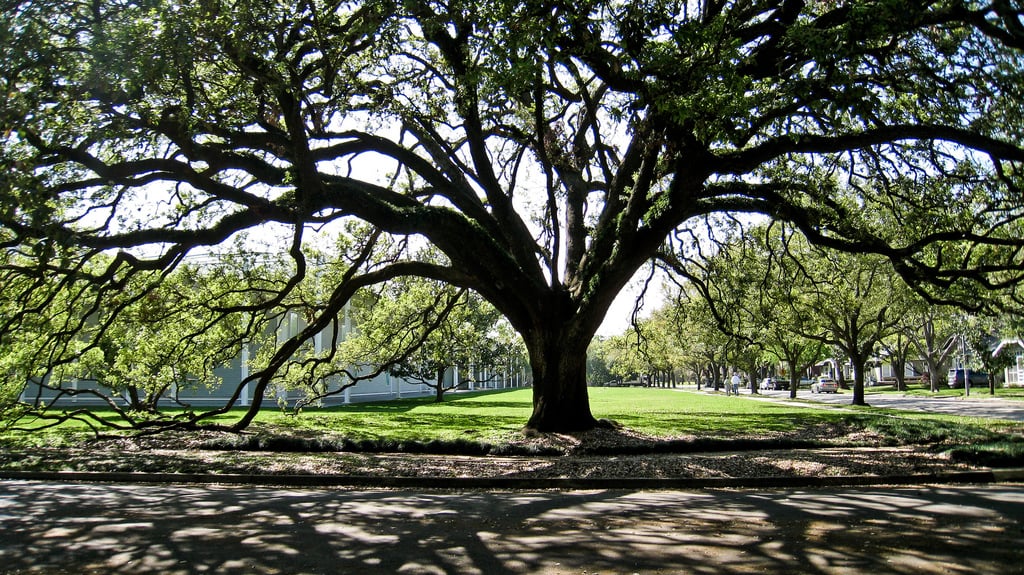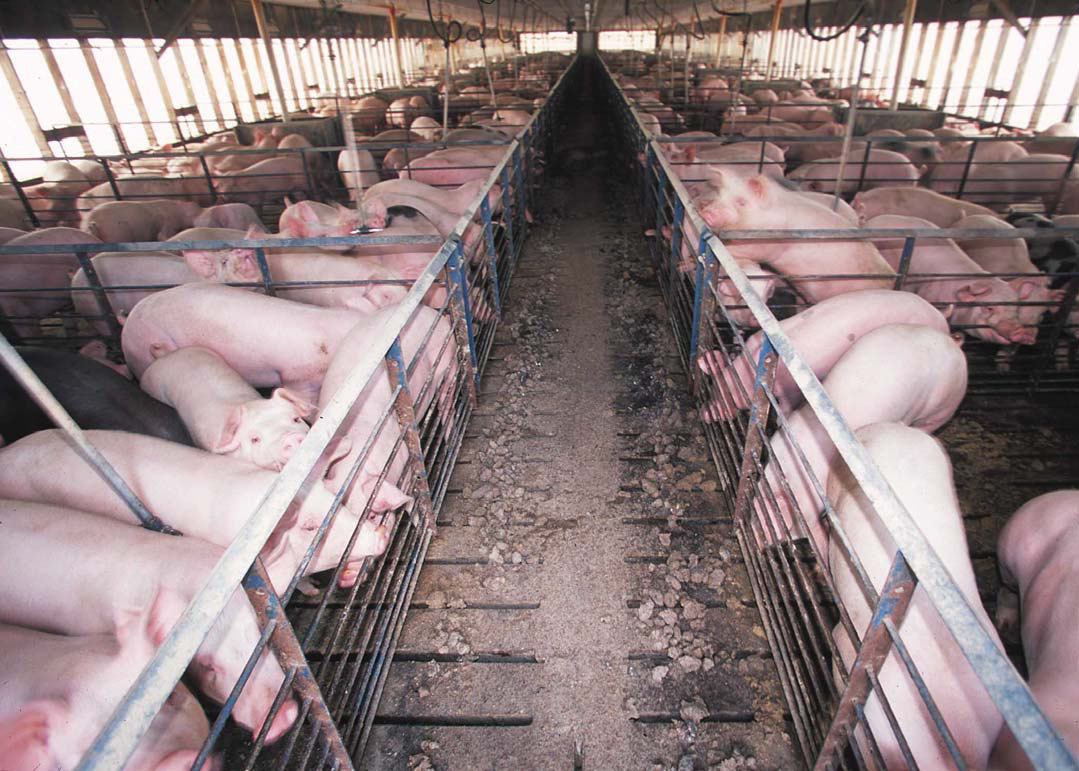
Texans Could Soon Be Jailed for Flying Drones over Oil Facilities, Animal Factory Farms
“It’s taking a law that’s already unconstitutional and making it worse,” said one media attorney.

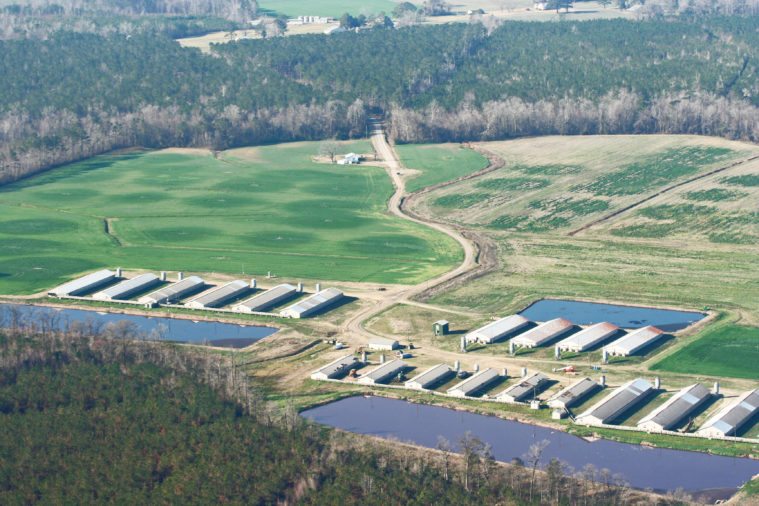
Texans caught flying drones over oil and gas well pads, cell towers and large animal feeding operations could face jail time if a bill that has cleared the House and Senate makes it to the governor’s desk in time. Critics of the measure claim it will have a chilling effect on citizens and journalists researching the environmental and public health effects of the oil and gas industry and large-scale animal factory farms.
House Bill 1643, authored by Representative Drew Springer, R-Muenster, adds oil and gas drilling sites, telecommunications infrastructure and concentrated animal feeding operations (CAFOs) — factory farms where animals are kept in confined spaces — to the state’s “critical infrastructure” list. The list currently includes dams, power plants, refineries, pipelines and other facilities considered a security risk. Flying a drone lower than 400 feet above one of these facilities is a Class B misdemeanor and could result in up to 180 days in jail. Researchers at state agencies, including public higher education institutions, are exempt from the law.
“It’s taking a law that’s already unconstitutional and making it worse,” said Alicia Calzada, a Haynes and Boone media attorney who also provides counsel for the National Press Photographers Association. The law tramples on the public and the media’s First Amendment rights, she said.
The bill passed the Senate Wednesday. Since the House and Senate passed different versions of the bill, they must reconcile their differences if the legislation is to make it to the governor.
Josh Winegarner, the director of government relations for the Texas Cattle Feeders Association, said CAFO operators, who have faced backlash from environmental and animal rights activists, encounter security risks. Winegarner said the proposal will protect the food supply from biosecurity threats such as foreign animal diseases.
“Right now, feedyard owners don’t know who is flying the drones over their operations, why they are flying them, or what those drones could potentially be carrying that could cause harm to livestock and our food supply,” he told the Observer in an email. “Biosecurity is a very real threat.”
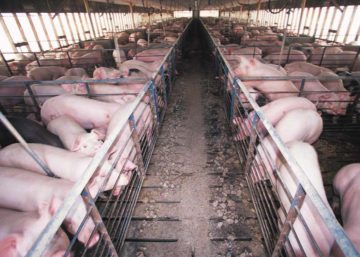
But critics say the measure is a sneaky attempt to push back against environmental and animal rights advocates, who might use drones to uncover shady business practices. In 2011, a hobbyist flying a drone over the Trinity River spotted Columbia Packing Company diverting pig blood into the river. The drone footage was used by Dallas County investigators, and a grand jury indicted the company and its two vice presidents on 18 counts.
When it comes to citizens’ rights, Texas’ drone laws are already unusually restrictive. Other states limit law enforcement’s ability to surveil the public with drones, but the 2013 Texas Privacy Act is written broadly to target citizens who fly drones over private property “with the intent to conduct surveillance.”
Calzada, the media attorney, says that Springer’s proposal to add oil and gas facilities, telecommunications infrastructure and animal factory farms to the critical infrastructure list should be considered against the backdrop of that 2013 law. Texas’ drone regulations make it more risky for reporters and citizens to monitor emissions from an oil and gas site or waste disposal at a CAFO, she said.
“You could fly around in a helicopter and take pics and you’d be fine,” said Calzada. “But you’re paying $1,000 an hour and you’re risking your life. Drones create an opportunity to tell a story in a better way for less money, but it’s also much safer.”
Lobbyists for the Texas Oil and Gas Association and Texas Independent Producers & Royalty Owners Association did not respond to a request for comment. A spokesperson for Springer did not respond to written questions.
According to a recent Texans for Public Justice report, the oil and gas industry provided 10 percent of Springer’s campaign contributions between 2013 and 2016, and lobbyists for the industry are the No. 1 source of campaign funds for Texas lawmakers.
Environmental groups and transparency advocates argue that animal feedlot operators, oil and gas and telecommunications companies that will benefit from HB 1643 don’t need the added protections.
“We already have strong protections for private owners and CAFOs shouldn’t be granted some special status,” said Judith McGeary, executive director of Farm and Ranch Freedom Alliance, a grassroots organization that represents independent family farmers.
McGeary said the law fits with a pattern of “ag gag” laws that restrict filming of agriculture and livestock businesses without owners’ consent. Those laws have clamped down on journalists and animal rights advocates publishing footage of animal abuse.
But such laws are also detrimental to farmers, McGeary said, because they foster public mistrust of the industry.
“Everyone thinks, ‘What are you trying to hide?’” she said. “It protects a few bad actors at the expense of public trust in every farmer.”
Correction: A previous version of the article stated that HB 1643 is headed to the governor’s desk. However, the House and Senate passed different versions of the bill and must reconcile their differences if the legislation is to make it to the governor. The story has been updated and The Observer regrets the error.
